Are search engines playing hide and seek with your Angular website? You’re not alone! In the rapidly evolving digital world, ensuring your Angular site ranks well in search engine results is as crucial as the code behind it. Angular, known for its dynamic single-page applications, often leaves SEO professionals scratching their heads. At Plerdy, we understand these challenges. That’s why we’re diving deep into the world of Angular SEO to unravel the mysteries and strategies that will make your site visible and prominent in search results. Join us as we learn about Angular SEO!
Understanding Angular and Its SEO Challenges
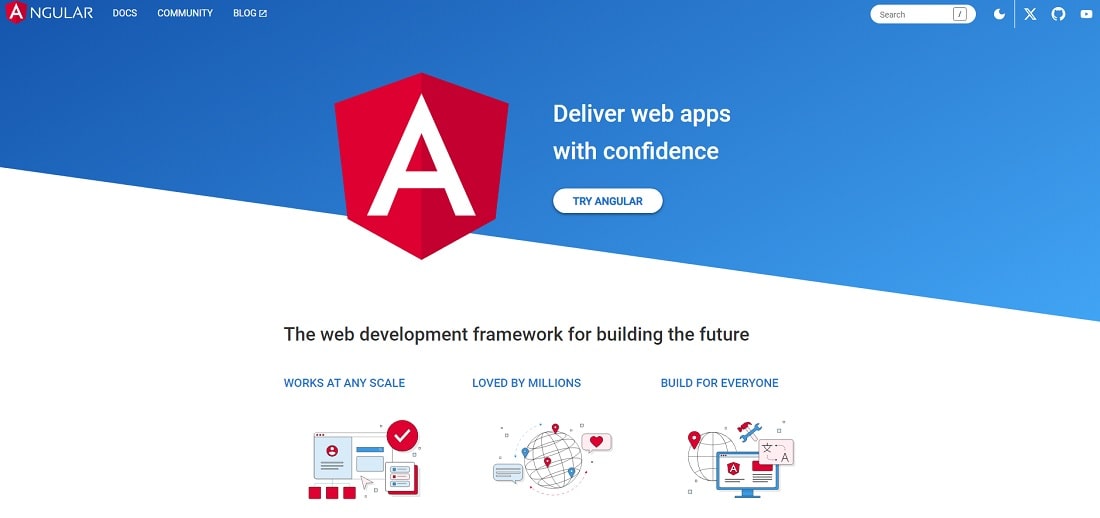
Think of Angular as a powerful sports car – high-performing but tricky to handle, especially regarding SEO. Angular, a front-runner in the JavaScript framework race, is adored for its ability to craft dynamic web applications. Yet, beneath its shimmering surface, SEO complications lurk, often unnoticed, until they hinder your site’s search engine visibility. Let’s navigate these challenges and steer your Angular site to SEO success.
What is Angular?
Google’s open-source Angular framework is popular for constructing Single-Page Applications. These SPAs load a single HTML page and dynamically update content as users interact with the app, providing a seamless experience. However, while great for user experience, this dynamism must play better with traditional SEO tactics. Search engines, which historically favored static HTML content, may need help crawling effectively and indexing dynamic content generated by Angular’s JavaScript-centric architecture.
Common SEO Challenges in Angular
- JavaScript Rendering: The Primary Challenge. Angular’s client-side rendering means the server sends a minimal HTML file to the browser, and JavaScript then generates the rest of the page. This process can confuse search engines like Bing or Yahoo, which may not fully render JavaScript and thus fail to index the site’s content properly. Google has improved its JavaScript rendering capabilities, but there are still hurdles, such as delays in crawling and indexing dynamically generated content.
- Lack of Semantic HTML. In Angular applications, the extensive use of generic <div> and <span> elements, instead of semantically meaningful HTML5 elements like <header>, <footer>, <article>, and <section>, can dilute the content’s context and meaning. This lack of semantic structure can impede search engines’ understanding of the site’s content and its relevance to specific queries.
- Limited URL Structure. Angular SPAs often use the same URL to display different views or content controlled via JavaScript. This can be problematic for SEO since search engines may need help distinguishing between these dynamically loaded views under a single URL, leading to fewer indexed pages and the potential loss of organic traffic.
Despite these challenges, understanding the intricacies of Angular and how it interacts with SEO is pivotal for developers and SEO experts alike. As we dive deeper into optimizing Angular for search engines, remember: like tuning a sports car for peak performance, fine-tuning your Angular app for SEO requires skill, patience, and a bit of ingenuity.
Angular’s unique architecture presents distinct SEO challenges that necessitate a tailored approach. Addressing JavaScript rendering, semantic HTML, and URL structure will boost your Angular app’s search rankings. Stay ahead in the SEO race by adapting and evolving your strategies to align with the complex nature of Angular applications. For more insights on Angular’s SEO challenges, the official Angular documentation provides valuable information.
Key Strategies for Angular SEO Optimization
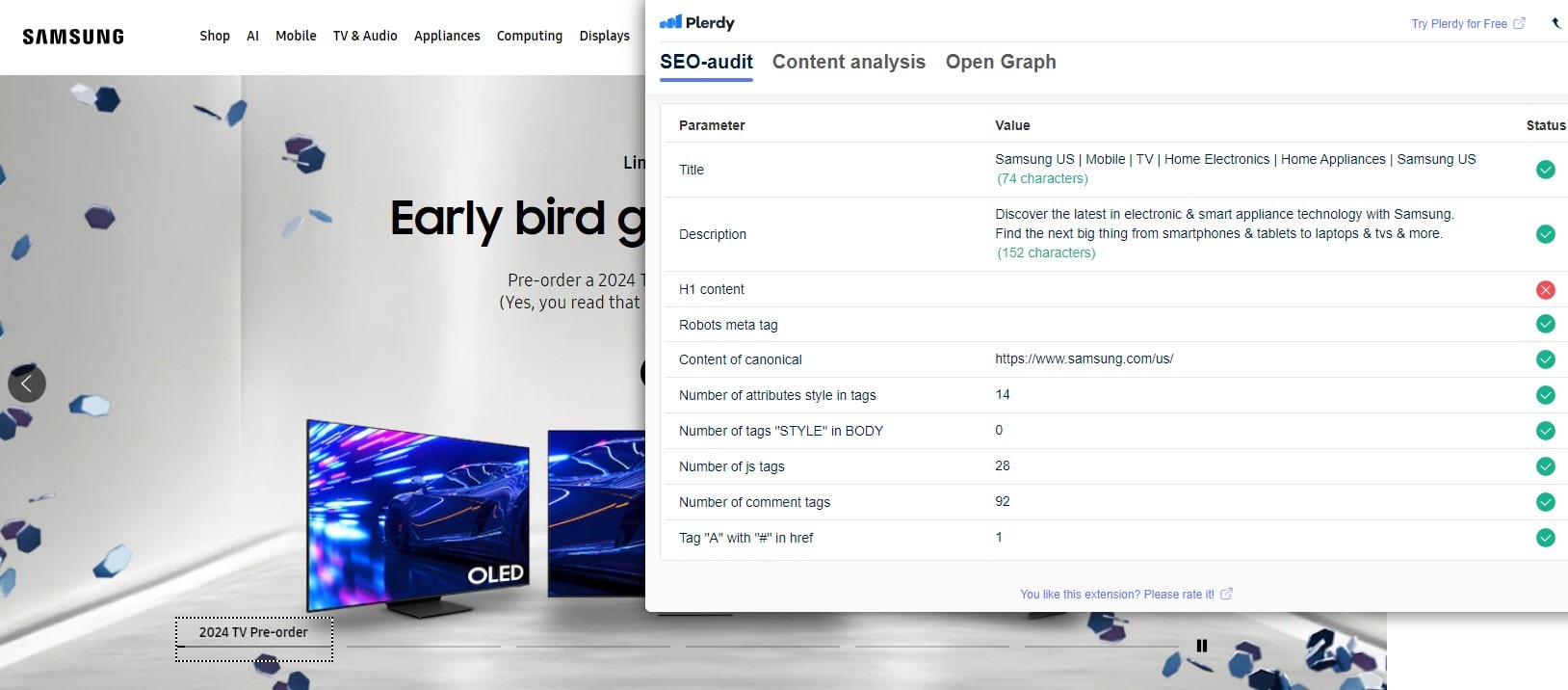
Navigating Angular’s SEO landscape is akin to solving a complex puzzle. With the right pieces, your Angular website can match and exceed SEO expectations. Here, we explore proven strategies for optimizing Angular applications for search engines, ensuring your website stands tall in the competitive digital arena.
Server-Side Rendering with Angular Universal
Implementing server-side rendering (SSR) with Angular Universal is a game-changer for SEO. It renders JavaScript content on the server, transforming it into HTML before it reaches the client. This process ensures search engines can crawl and index your website’s content more efficiently. Googlebot, for instance, can now easily access fully rendered pages, enhancing your site’s visibility and search ranking. While SSR boosts SEO, it could increase server load, making caching strategies vital for maintaining performance.
Managing Titles and Metadata
Titles and metadata are crucial for SEO, acting as a direct communication channel with search engines. You can dynamically manage these elements in Angular using the Title and Meta services from the @angular/platform-browser package. This approach allows updating page titles and meta descriptions to match each view’s content, significantly improving your Angular app’s relevancy and SEO.
Image Optimization and Lazy Loading
Optimizing images is pivotal for SEO, and Angular offers effective techniques. Lazy loading delays picture loading, improving user experience and SEO. Use Angular’s NgOptimizedImage directive for lazy loading and responsive image creation. This improves page load times and aligns with SEO best practices.
As we wrap up these key strategies, remember that each uniquely elevates your Angular application’s SEO performance. From server-side rendering to optimizing metadata and images, these techniques work in unison to ensure your Angular site is user-friendly and search engine-ready. Dive deeper into these strategies and witness your Angular site climb the SEO ladder, one step at a time. For more detailed insights on Angular SEO optimization, refer to authoritative sources such as the Angular Universal documentation and SEO best practices guides.
Advanced Techniques for Angular SEO
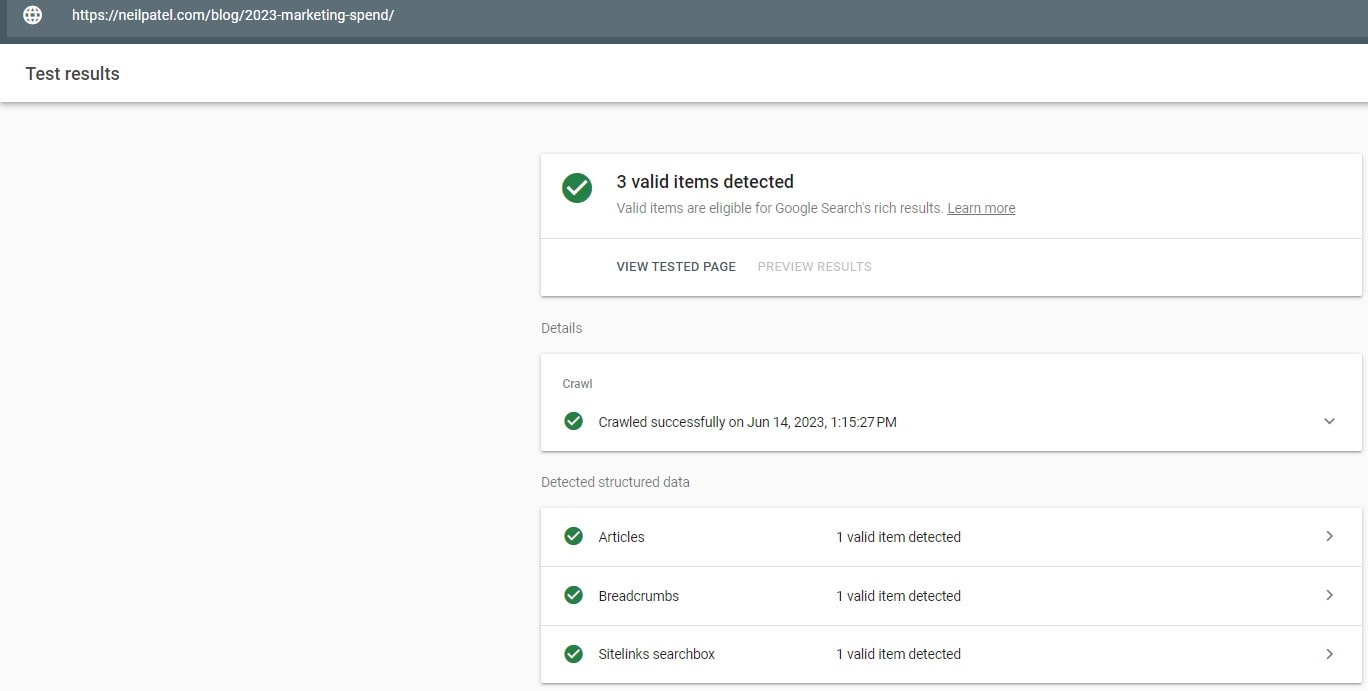
Like a master chef adds a secret ingredient to turn a good dish into an extraordinary one, advanced SEO techniques can elevate your Angular application from being merely visible to truly standing out in search engine results. These sophisticated methods go the extra mile and can significantly impact your Angular application’s SEO success. Let’s delve into these advanced tactics and see how they can be a game-changer in your Angular SEO strategy.
Implementing Structured Data (Schema Markup)
Structured data, or schema markup, guides search engines through your site’s information and improves understanding. By integrating structured data into your Angular application, you provide search engines with detailed information about your web page’s content, context, and purpose. This clarity improves your content’s visibility in SERPs and makes it eligible for rich snippets, which can boost click-through rates. Tools like Google’s Structured Data Testing Tool can help ensure your schema markup is correctly implemented and error-free.
Canonical URLs and Routing Strategies
In Angular, managing URLs and routes is crucial for avoiding content duplication issues, which can negatively impact SEO. Canonical URLs tell search engines which page is the main one. This is especially important in Angular applications where dynamic content might create multiple URLs for the same page. A well-implemented canonical URL strategy prevents duplicate content issues, ensuring search engines index and rank your pages accurately. Additionally, use Angular’s router module to create clean, descriptive URLs for each view or component in your application, enhancing user experience and crawlability.
Advanced Angular SEO strategies are optional yet necessary for a strong SEO plan. Structured data, canonical URLs, and routing help boost your Angular application’s search rankings. Adopt these advanced SEO strategies and watch your Angular site soar. Moz and Search Engine Journal provide detailed advice on these strategies.
Leveraging Tools for Angular SEO
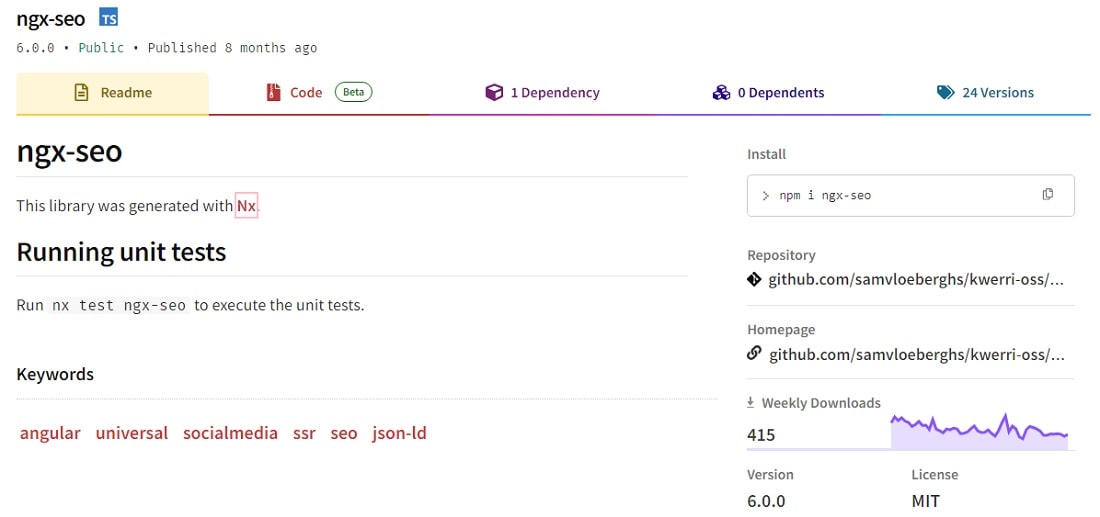
In Angular SEO, having the right tools in your arsenal is like having a Swiss Army knife in the wilderness; it’s essential for survival and success. Developers and SEO specialists need the best tools to overcome Angular SEO’s particular hurdles. Let’s explore some indispensable tools to streamline your Angular SEO efforts and ensure your application is functional and SEO-friendly.
Overview of Angular SEO Tools
The Angular ecosystem is rich with tools designed to enhance SEO. Key among them is Angular Universal, a tool vital for server-side rendering, making your Angular applications more accessible to search engine crawlers. Another invaluable tool is Ngx-seo, a library that simplifies metadata management in Angular applications. This library is particularly useful for updating page metadata dynamically, which is crucial for single-page applications. NgOptimizedImage directive enables slow loading and responsive images to optimize image loading and site speed.
Practical Applications of SEO Tools
These tools aren’t just theoretical; they have practical applications that can significantly boost your SEO efforts. Angular Universal, for instance, can be integrated into your existing Angular application, allowing for the pre-rendering of pages on the server side, which is crucial for SEO. Ngx-seo, when implemented, can dynamically update metadata based on the content being viewed, ensuring that each page is uniquely optimized for search engines. By utilizing these tools effectively, you can address common SEO challenges in Angular, such as JavaScript rendering and content visibility to search engines.
Leveraging the right tools is crucial in the complex landscape of Angular SEO. Not only are Angular Universal, Ngx-seo, and NgOptimizedImage additions, but they are also essential for search engine optimization. Embrace these tools and integrate them into your SEO strategy to see a marked improvement in your Angular application’s search engine performance. For more information and guidance on these tools, the Angular documentation and SEO-focused platforms like Moz offer extensive resources and best practices.
Monitoring and Analyzing SEO Performance
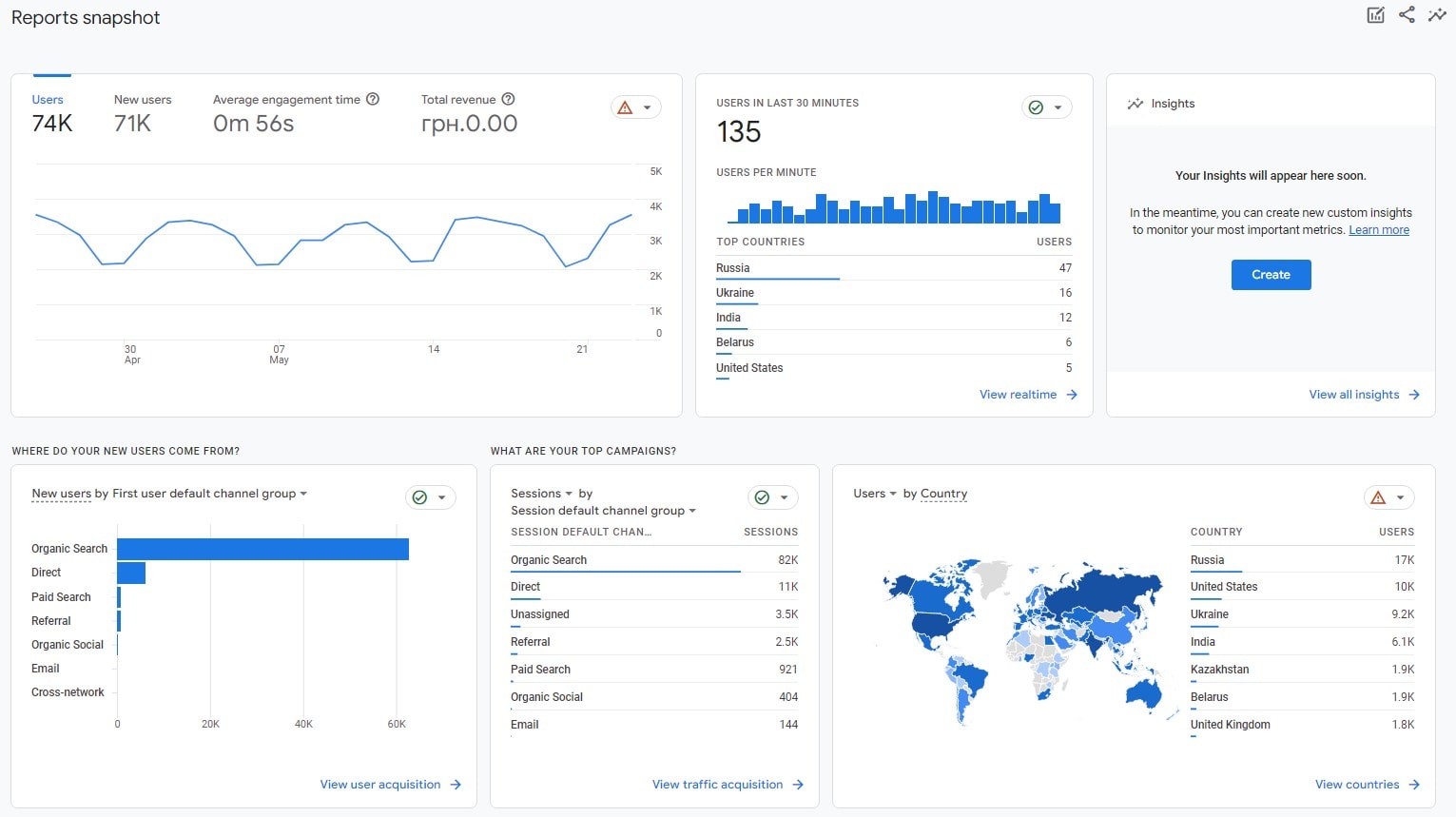
Monitor your SEO performance like a car’s dashboard to rank higher on search engines. It shows how fast you are traveling and when to change gears. This becomes even more crucial for Angular websites due to the unique challenges they present in SEO. Ranking your Angular site high in search engine results requires data-driven judgments and SEO knowledge.
Key Metrics to Monitor
SEO isn’t just about getting to the top; it’s about understanding how you got there. Key metrics like search engine rankings, organic traffic, bounce rate, and conversion rate are essential to gauge the effectiveness of your SEO efforts. Tools like Google Analytics provide invaluable insights into how users interact with your site, which keywords bring the most traffic, and what content resonates with your audience. Regularly monitoring these metrics helps identify trends, understand user behavior, and adjust your SEO strategy for better results.
Tools for Monitoring SEO
While knowing what to monitor is important, knowing how to monitor is crucial. Google Search Console and Google Analytics are indispensable tools in your SEO toolkit. They provide a complete picture of your website’s search engine performance, from search results to user engagement. These tools can track structured data efficacy, site loading speed, and crawl issues to make your Angular site visible and search engine optimized.
Remember that monitoring and analyzing your Angular site’s SEO performance is ongoing. It’s about constantly fine-tuning your strategies based on real data to ensure your site reaches and maintains a top position in search results. Embracing tools like Google Analytics and Google Search Console will provide the insights needed to make informed decisions, keeping your Angular site ahead in the ever-evolving world of SEO. Moz and Search Engine Land experts provide thorough tutorials and best practices for using these tools.
Case Studies and Real-World Examples
Theory in SEO is like a compass; it points you in the right direction, but real-world examples are the map that guides you through the terrain. Learning from real-world case studies is invaluable in the context of Angular SEO. These examples provide tangible evidence of the strategies and techniques that work, offering insights that can be replicated and adapted for your own Angular SEO efforts. Let’s delve into some success stories and draw lessons from their journeys.
Success Stories
Real-world success stories in Angular SEO are both inspiring and instructive. For example, consider a major e-commerce website that switched to Angular and faced initial SEO challenges. By implementing server-side rendering with Angular Universal and optimizing their structured data, they saw a significant improvement in their search engine rankings and user engagement. Another case is a tech blog that leveraged dynamic metadata management to enhance its content’s visibility and search relevance, resulting in increased organic traffic and higher conversion rates. These successes highlight the importance of adapting SEO strategies to the specific demands of Angular.
Lessons Learned
From these case studies, several key lessons emerge:
- The importance of server-side rendering in Angular cannot be overstated; it’s crucial for enhancing SEO.
- Structured data and dynamic metadata management are powerful tools for improving search relevance and visibility.
- Monitoring and adapting SEO strategies based on performance metrics are essential for sustained success.
These real-world examples demonstrate that with the right approach, the unique challenges of Angular SEO can be effectively addressed and overcome.
These case studies underscore the fact that Angular, despite its complexities, can be harnessed for successful SEO. They remind you that your Angular site can rank well in search engines with the correct tools, strategies, and constant adaption. For more detailed case studies and insights, authoritative sources like Search Engine Journal and Moz offer a wealth of information and analysis.
Conclusion
Adapting and evolving are key in the dynamic world of SEO, especially with complex frameworks like Angular. We’ve navigated through the intricacies of Angular SEO, uncovering strategies and tools that can elevate your site’s search engine presence. SEO is a journey, not a destination. It requires continuous learning, adapting, and innovating. As we conclude, your Angular website can now race ahead in the SEO marathon. But why stop here? Explore more insights and strategies on the Plerdy blog, where we unravel the mysteries of digital marketing and website optimization. Ready to boost your site’s performance? Let Plerdy be your guide in this ever-evolving digital landscape.
